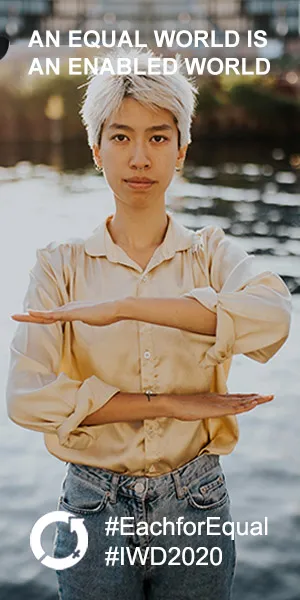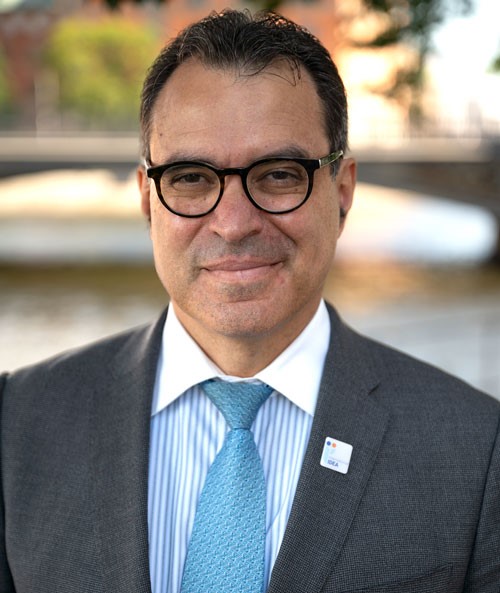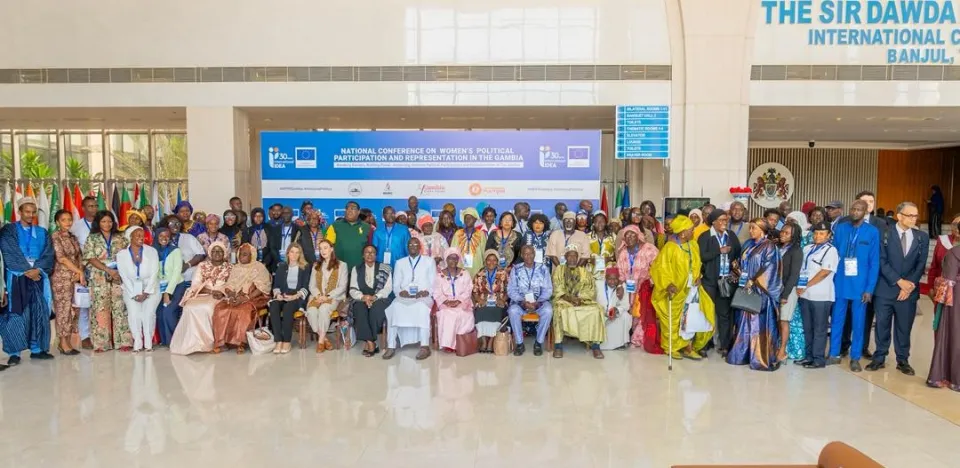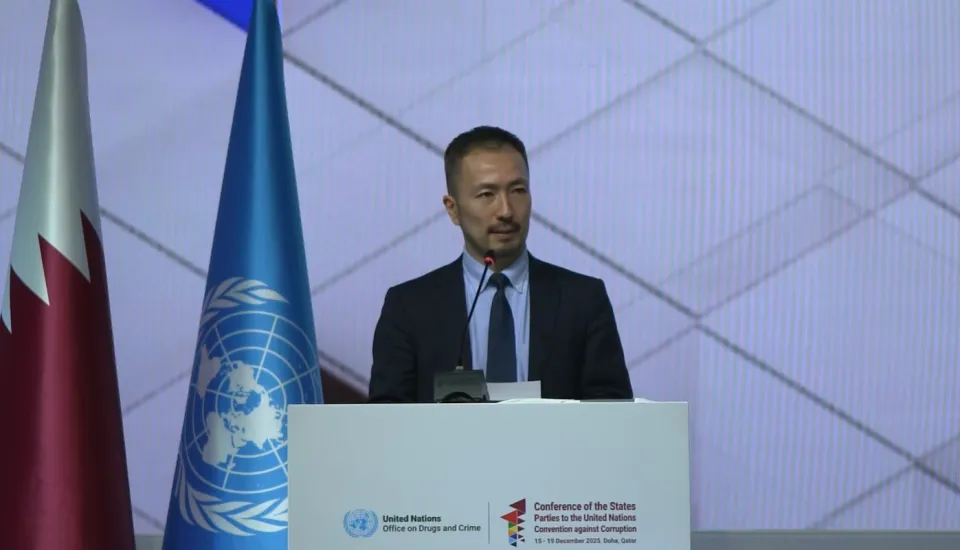Secretary-General's message on International Women's Day 2020

The year 2020 is a milestone for many reasons. This year marks 25 years since the Beijing Declaration and Platform for Action set out how to remove the systemic barriers that hold women back from equal participation in all areas of life. It also marks 20 years since the UN Security Council Resolution 1325 on women, peace and security was adopted. Both the Beijing Platform for Action and UNSCR 1325 are important blueprints for the work of International IDEA. This year, we are also celebrating the 25th year anniversary of the Institute.
Gender equality is a fundamental cornerstone for democracy. What’s more, gender equality, just like democracy, is a pre-requisite for sustainable development and an enabler for achieving the 2030 Agenda.
We know that closing the gender gap in political representation will result in more inclusive policies, better service delivery, and ultimately in higher levels of human development. Yet at the current pace, 2093 is the year when gender parity will be achieved in parliaments globally – that is 73 years from now!
But knowing this truth is very different from acting upon it. Ensuring equal political participation of women and men in a sustainable manner remains a global challenge. The barriers that stand in the way of women’s equal representation are multi-fold and of very different kinds.
Some of them are amenable to institutional remedies, and some of them, I’m afraid, require profound cultural shifts that demand commitment and action from all of us.
Today, not a single country can claim to have achieved gender equality. Multiple obstacles remain unchanged in law and in culture.
Transforming all this is of the essence, not for the sake of women alone, but for the sake of society as a whole. Let us never forget, for starters, that the current way in which we organize caregiving in most countries and the current way in which we practice politics forces men to choose between family and politics as much as women have to choose. It is as detrimental to men as it to women. The difference is that us, men, don’t often realize that we’re making that choice, and that we seem to carry a much lighter burden of guilt about it.
We have to transform politics for society as a whole. A society that throws obstacle, after obstacle, after obstacle in the way of the political participation of women is a society that reduces dramatically the pool of talent that it can draw from to solve collective issues. That’s bad for all of us. How many abandoned civic vocations by women is an acceptable price for our society? How many female Nelson Mandelas have we lost along the way?
If we believe, as the ancient Greeks did, that being an active part of a polis is an active part of our self-realization as human beings, then a society that fails to nurture the full exercise of political rights by half of its members, is a society that cuts short its own civic potential and the fulfilment of lofty human aspirations.
As we commence the Decade of Action to achieve Agenda 2030, International IDEA strives to contribute to a world which is more fair, peaceful and democratic for all, a world that is ultimately better for both women and men alike.




